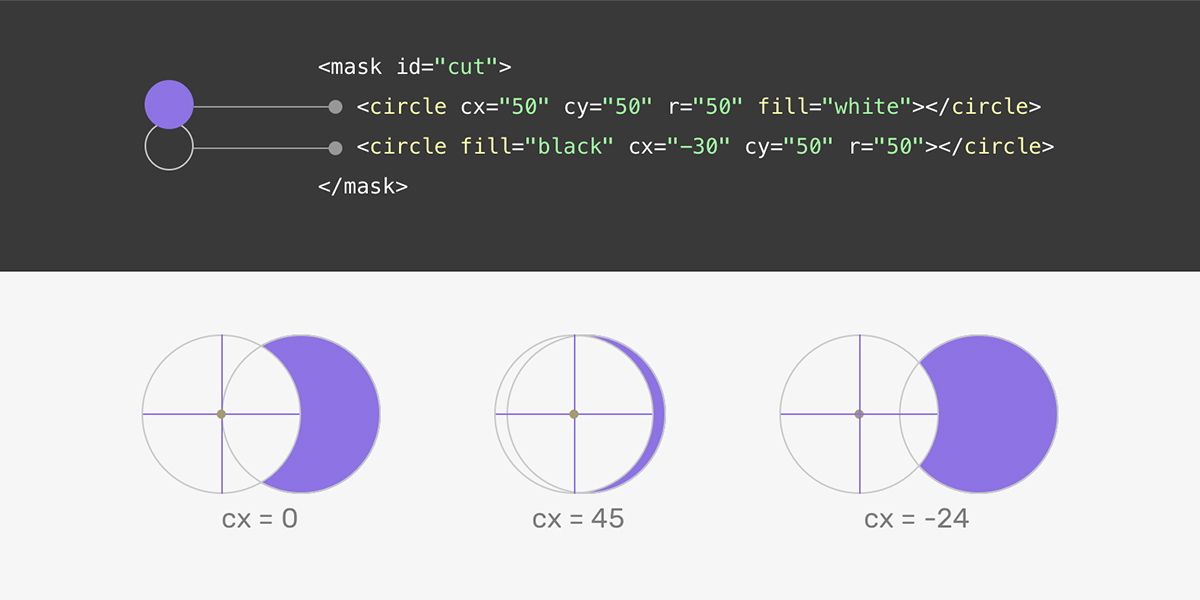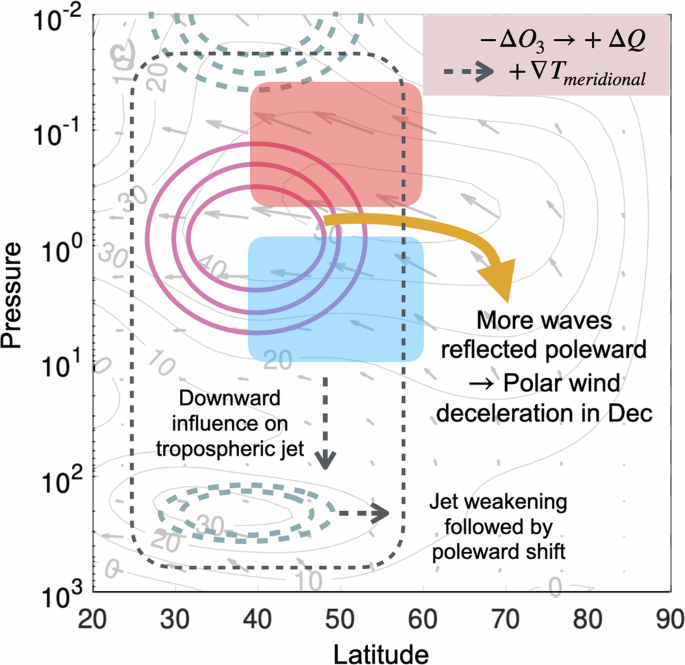Rehbinder effect - Wikipedia
submited by
Style Pass
In physics, the Rehbinder effect is the reduction in the hardness and ductility of a material, particularly metals, by a surfactant film.[ 1] The effect is named for Soviet scientist Piotr Aleksandrovich Rehbinder [ru] ,[ 2] [ 3] who discovered the effect in 1928.[ 4]
A proposed explanation for this effect is the disruption of surface oxide films, and the reduction of surface energy by surfactants.[ 1] [ 5]
Read more en.wikipedia...























